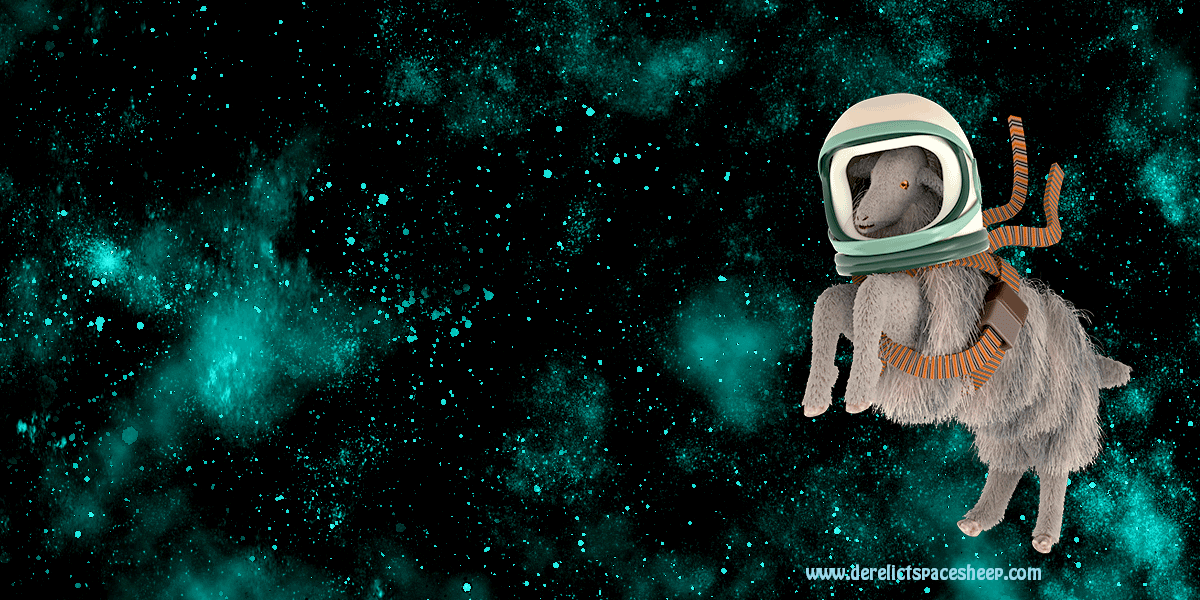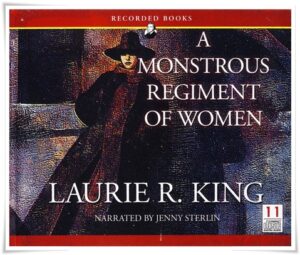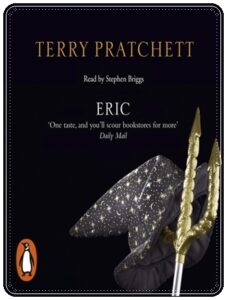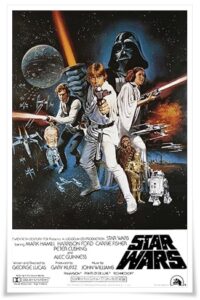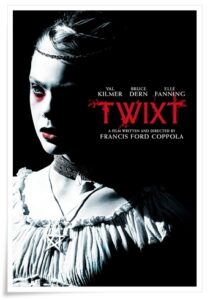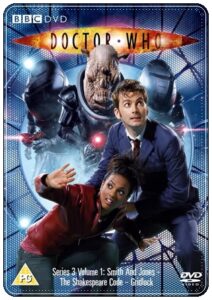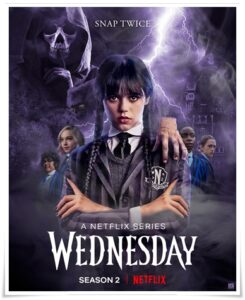Queenslayer
by Sebastien de Castell (Hot Key, 2019)
audiobook read by Joe Jameson (Hot Key, 2019)
Kellen remains resourceful (and de Castell ingenious in flipping him between frying pan and fire), but in the absence of Ferius Parfax becomes rather too insistent on self-sabotage. His inner bleakness adds a darker, more adult tone at the expense of escapism.
